 Though we all worry about spoiling our child, rest assured that you cannot spoil your child with love. Love doesn’t spoil children. Love is imperative to a child’s healthy development, and it’s just not possible to love your child too much. They need caring adults to spend time with them, play with them, teach them, protect them, and enjoy life with them. It’s a parent’s job to provide love, safety and encouragement. The process of growing up provides children with lots of challenges.Try to listen openly and understand their situation and communicate honestly with them when they have difficulties and letdowns in their life. Set appropriate limits with your child and then adhere to them. Establishing limits with your child gives them a sense of safety and security. Sometimes parents do not set limits because they don’t want to fight with their children. They don’t want to cause bad feelings. They may beg a child to comply. Or they may make a rule and fail to enforce it. They may nag without ever enforcing the rules. None of these helps children. When your child fails to adhere or comply with the boundaries you’ve set for them, be firm yet kind in your response.
Though we all worry about spoiling our child, rest assured that you cannot spoil your child with love. Love doesn’t spoil children. Love is imperative to a child’s healthy development, and it’s just not possible to love your child too much. They need caring adults to spend time with them, play with them, teach them, protect them, and enjoy life with them. It’s a parent’s job to provide love, safety and encouragement. The process of growing up provides children with lots of challenges.Try to listen openly and understand their situation and communicate honestly with them when they have difficulties and letdowns in their life. Set appropriate limits with your child and then adhere to them. Establishing limits with your child gives them a sense of safety and security. Sometimes parents do not set limits because they don’t want to fight with their children. They don’t want to cause bad feelings. They may beg a child to comply. Or they may make a rule and fail to enforce it. They may nag without ever enforcing the rules. None of these helps children. When your child fails to adhere or comply with the boundaries you’ve set for them, be firm yet kind in your response.
This lets them know that you’re serious about the rule but dedicated to helping and loving them. Bear in mind though that each child is different and what works for one child may not work for another. For example, one child may respond well to the direct approach of telling them a specific time to be home, where another child may need a gentle reminder that it’s now time to come home. Develop a firm but kind manner of making and enforcing your household’s rules and expectations. There’s no need to fear our children, and there should be no need to instill a sense of fear in our children in order to get them to comply.

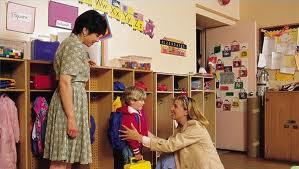


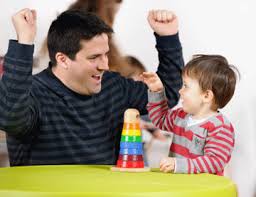
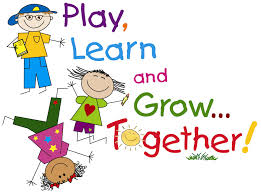
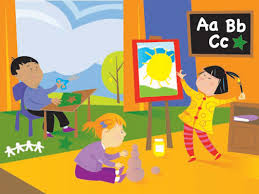



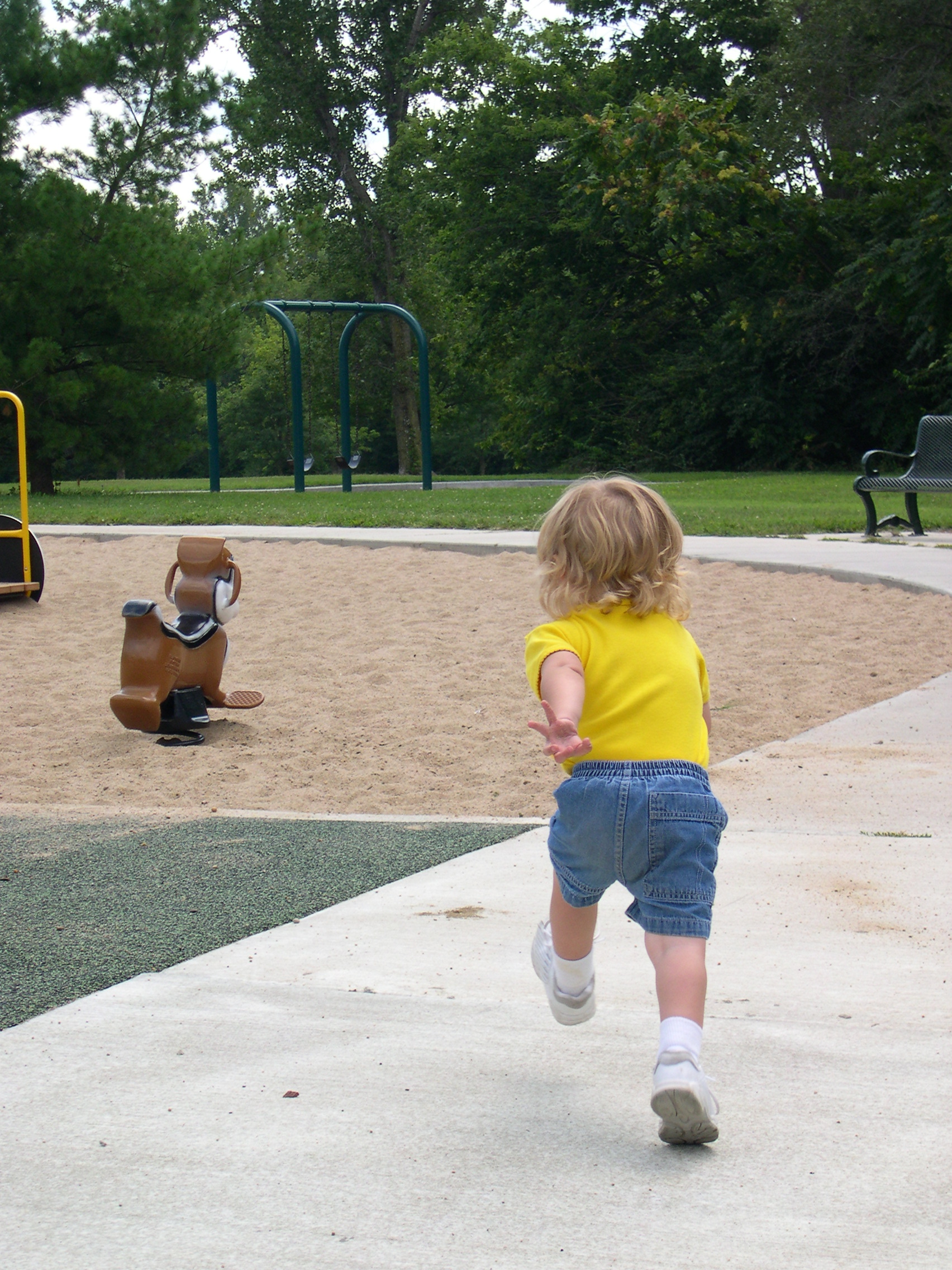
 Your baby’s cold can be just as hard on you as it is on her. But you can help ease your baby’s discomfort and keep the infection from worsening by ensuring she gets sufficient rest and liquids, which would include breast milk or formula if she’s less than four months old. Older babies can have a little water, and by six months she can begin drinking juices.
Your baby’s cold can be just as hard on you as it is on her. But you can help ease your baby’s discomfort and keep the infection from worsening by ensuring she gets sufficient rest and liquids, which would include breast milk or formula if she’s less than four months old. Older babies can have a little water, and by six months she can begin drinking juices.



